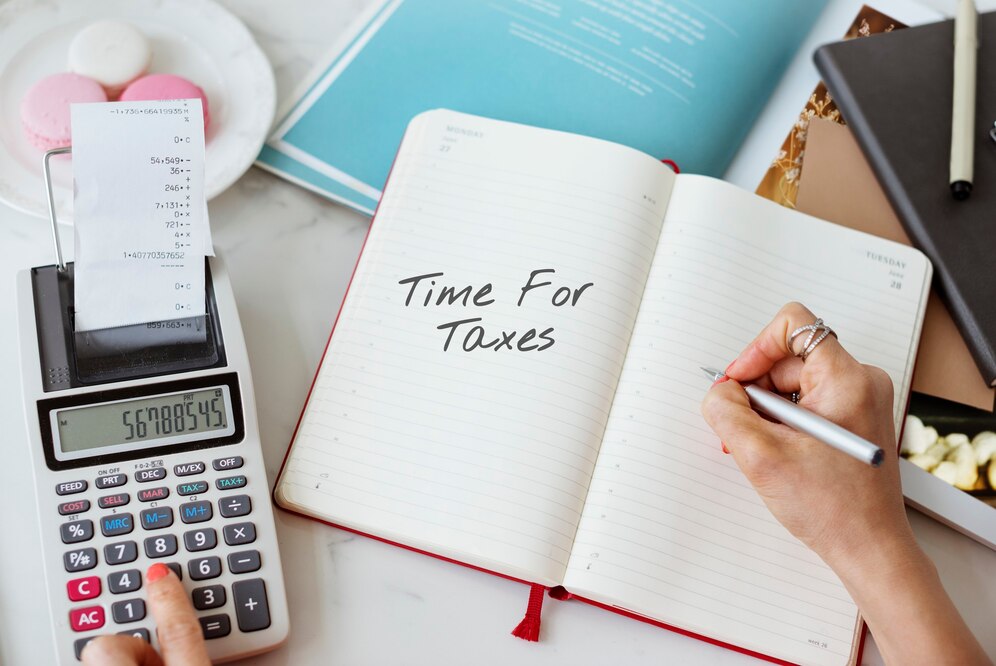What and When is Tax Season?
Tax season is the time, generally between Jan. 1st and April 15th of each calendar year. It’s when taxpayers prepare to report their taxable income to the federal government, and in many states, to the government of the state where they live. It is also the time of the year when taxpayers look up the best tax preparation services, such as Zaouk CPAs, to help them manage their taxes efficiently.
Click below to book your consultation and get your taxes sorted out efficiently, by the best professionals in New York, in time for tax season 2024!
Tax day in The United States is usually April 15th. If that date happens to be on a weekend, the deadline is pushed until the following Monday. There were years when Tax Day was pushed back for some or all states. However, that was either due to big unfortunate events, the outbreak of COVID-19 for example, or extreme weather conditions in other cases.
Tax Deadlines & Extensions
As you would expect with a process as delicate and critical as tax filing, there are deadlines you must stick to. Strictly speaking, you must abide by. Any tax returns submitted after the deadline are subject to late penalty fees and interest charges. Submission extensions are available but they delay only the filing of the paperwork, not the actual payment of any taxes due.
The next tax season begins on Jan. 1, 2024, and the filing deadline is Monday, April 15, 2024.
Understanding Tax Season
Nobody expects you to spend three and a half months working on your taxes. At least not when you have a CPA to help, it shouldn’t take so long. However, this period, or tax season, is there to allow time for employers, banks, financial services providers, and other entities to gather and distribute all the information individual taxpayers need to file their returns.
For employers, the deadline to send W-2s to their employees is January 31. And businesses that hire independent contractors must send these “nonemployees” Form 1099-NEC. Independent contractors must file a return and pay self-employment taxes on net earnings equal to or greater than $400.
Tax Filing Extensions
Taxpayers can get a filing extension with the IRS if they cannot file their taxes by the due date. Individuals can fill out and file Form 4868 for an automatic six-month extension. On the other hand, businesses should use the IRS Form 7004 to get that automatic six-month extension.
For 2024 taxes, filing is due by Tuesday, April 15, 2025. So whether you’re filing your taxes on your own, or with the help of a CPA, you must do so by that date. If you get an extension, however, then you will need to file your taxes by October 15th, 2025. But keep in mind that even if you file an extension and owe taxes, you will still need to pay your taxes by April 15, 2025.
How Early in 2024 Can I Start Filing My Taxes?
So when is tax season for early birds?
Well, the IRS begins accepting returns in January every year. But since it usually takes time for you to receive the forms from your employer and other sources of taxable income, we can say the earliest time to start filing taxes is late January.
Why File Taxes This Early?
Although waiting until the last minute sounds very appealing to many, filing your taxes early makes a lot of sense. Because If you file early, you’ll get your tax refund back early. And if you wait until the last minute your return will wait for processing in a large pile of returns.
Filing your taxes early gives you time to collect the evidence needed to claim your deductions. In addition, your CPA will have a more flexible schedule and will start working on your case earlier.
When Should I Receive My Tax Refund in 2024?
The IRS states that most tax refunds are distributed within 21 calendar days of filing. So you’ll get your refund faster if you file early and avoid the late crowds and headache hassle.






